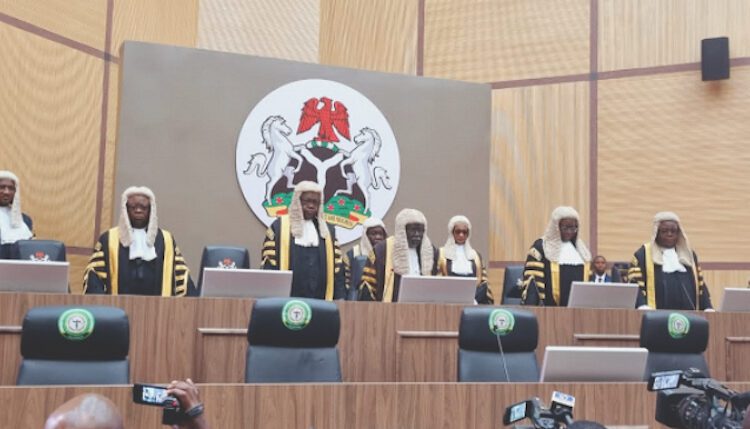By Comfort James
The Economic and Financial Crimes Commission (EFCC) announced the final forfeiture of 753 duplexes and apartments in Abuja. This significant recovery is the largest in the agency’s history since its establishment in 2003. The expansive estate, located at Plot 109, Cadastral Zone C09, Lokogoma District, spans 150,500 square meters.

Justice Jude Onwuegbuzie delivered the ruling on December 2, 2024, solidifying the federal government’s ownership of the property. The forfeiture was prompted by evidence linking the estate to unlawful activities by a former top-ranking government official. The EFCC relied on Section 17 of the Advance Fee Fraud and Other Fraud Related Offences Act (2006) and Section 44 (2) B of the 1999 Constitution to substantiate its case.
Corruption Unveiled in Abuja
The investigation revealed that the estate was constructed using funds derived from illicit activities during the official’s tenure. EFCC Chairman Ola Olukoyede emphasized the importance of asset recovery as a deterrent to corruption. “Tracing and recovering assets are pivotal in dismantling financial crimes. Depriving suspects of their ill-gotten wealth weakens their ability to counter justice,” he said.
The court’s decision followed an earlier interim forfeiture order secured by the EFCC on November 1, 2024. The judge ruled that the respondent failed to justify the acquisition of the property, stating, “The property, reasonably suspected to have been acquired with proceeds of unlawful activities, is hereby finally forfeited to the federal government.”
The EFCC highlighted that its mandate under the EFCC Establishment Act includes scrutinizing the properties and lifestyles of individuals to ensure they align with lawful income sources. This approach has proven crucial in asset recovery operations, as seen in this case.
EFCC’s Anti-Corruption Drive
The EFCC’ operation reflects the country efforts to combat corruption and economic crimes. According to the agency, this case demonstrates the commitment to ensuring that fraudulent officials are held accountable and deprived of proceeds from their crimes.
Public reactions to the recovery have been largely positive. Groups like the National Association of Nigerian Students (NANS) applauded the EFCC for its resilience and called for expanded efforts to expose similar misconduct.
















